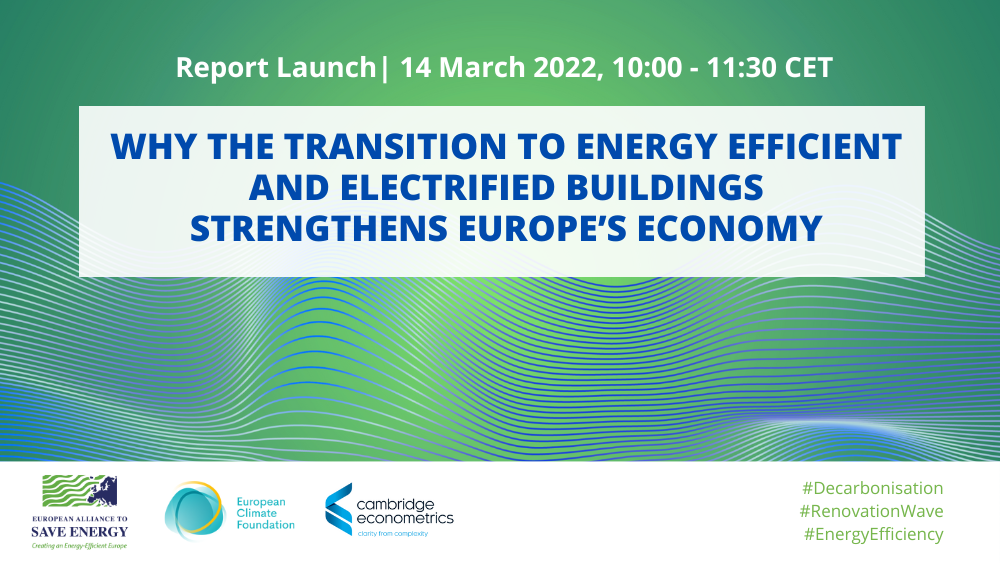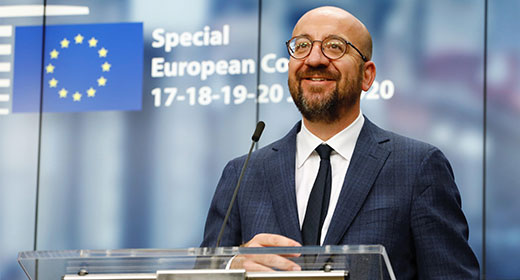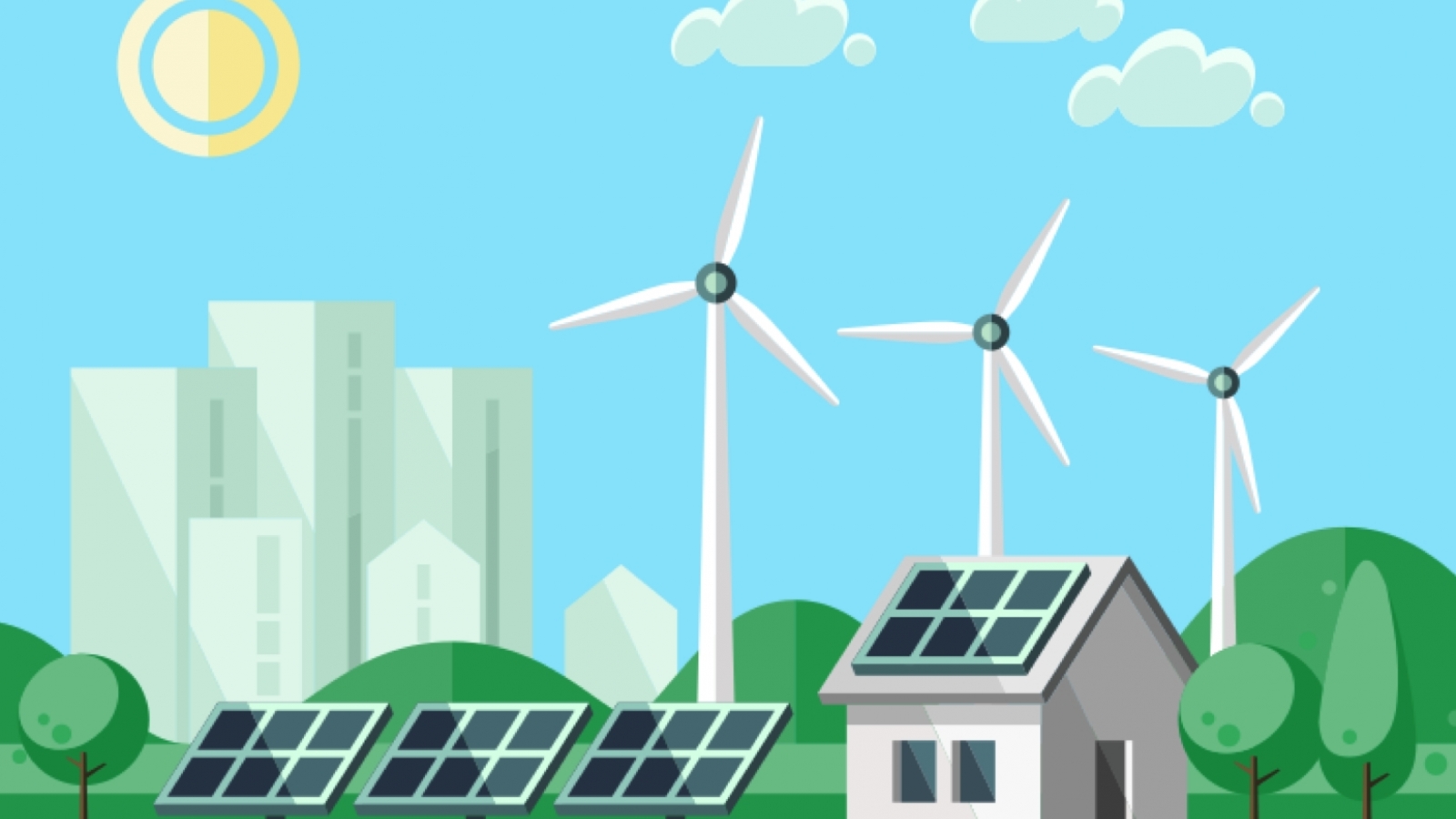Report Launch: Why the transition to energy efficient and electrified buildings strengthens Europe’s economy

Panel:
- Ciarán Cuffe, MEP (IR, Green), European Parliament
- Daniele Agostini, Head of Energy and Climate Policies, ENEL
- Andrea Voigt , Head of Global Public Affairs, Danfoss
- Monique Goyens, Director General, The European Consumer Organisation (BEUC)
Introduction:
- Femke de Jong, Project Manager Heating Buildings, European Climate Foundation
Presentation of the study’s results:
- Stijn Van Hummelen, Managing Director, Cambridge Econometrics
Moderation and conclusion:
- Monica Frassoni, President, European Alliance to Save Energy (EU-ASE)
Buildings account for 40% of the EU’s energy consumption and 36% of the EU’s energy-related greenhouse gas emissions. This is because a large number of buildings are energy inefficient and fossil fuels are still predominantly used for heating. To meet Europe’s climate commitments, the building sector will have to cut its emissions by 60% by 2030 and reach zero emissions by 2050. To date we are still lagging behind these targets.
The possible paths to energy efficient and zero-emission buildings are several, but not all of them deliver the same socio-economic advantages for our society. To help inform EU and national decision-making, the European Climate Foundation commissioned Cambridge Econometrics to model the environmental, social and economic impacts of different decarbonisation pathways for the buildings sector.
The research focused on developing scenarios that combined different levels of renovation efforts with the deployment of green hydrogen or heat pumps to move away from fossil fuels in homes.
Which pathway to zero-emission buildings can lead to a transition that strengthens the European economy, boosts employment, lowers energy imports and improves the living conditions of people, in particular lower-income households?
During this event, co-organised by the European Alliance to Save Energy and the European Climate Foundation, Cambridge Econometrics presented the main findings of the study. This was followed by a debate between policy-makers, NGO and industry representatives who shared perspectives on how the European Green Deal can help reap the significant socio-economic benefits associated with the transition to zero-emission buildings.




